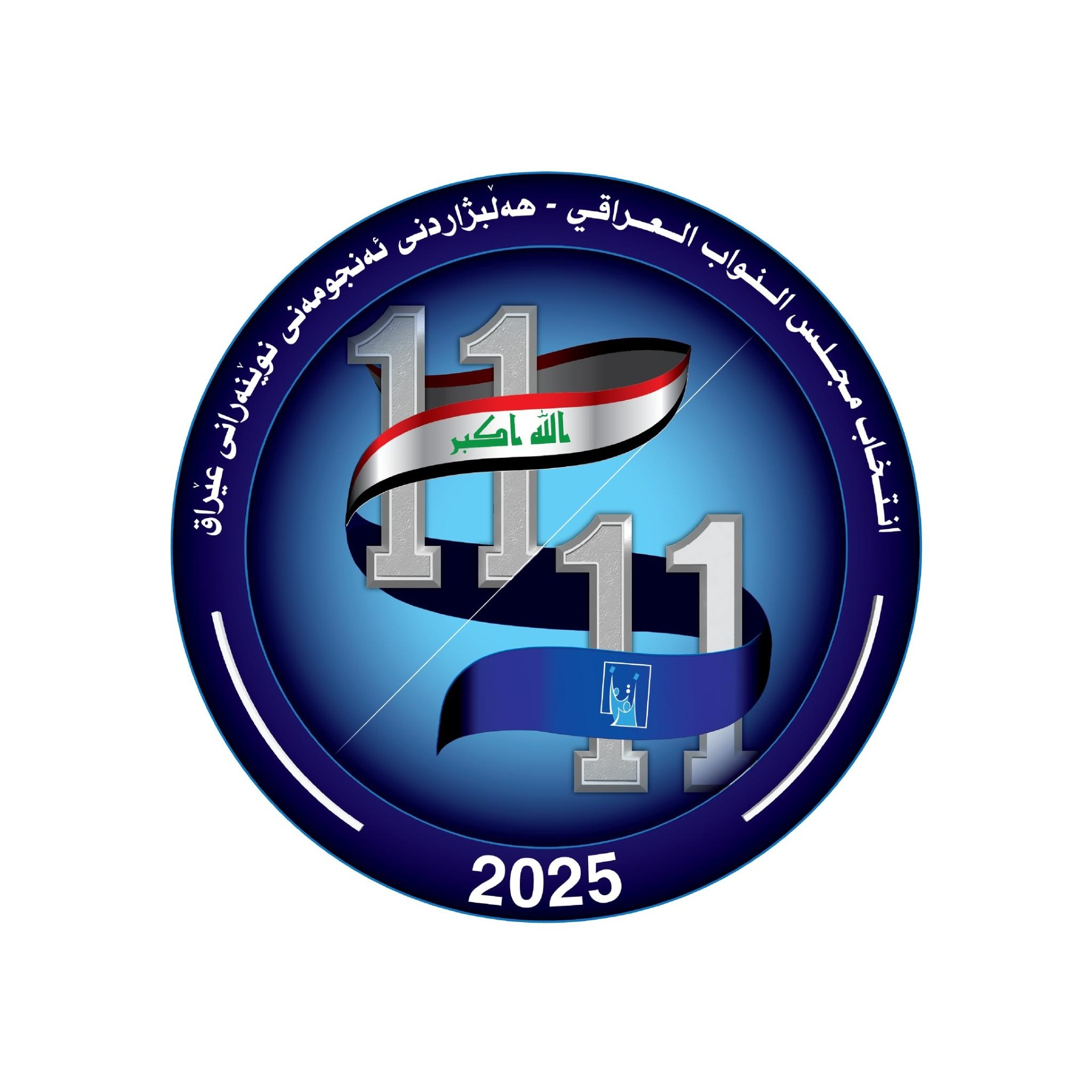LOC09:25
06:25 GMT

By Alaa Al-Huwaijel
BAGHDAD, Nov 10 (KUNA) -- Iraqis will head to the polls on Tuesday to elect their representatives in the sixth parliamentary session.
The election comes after three months of campaigning and advertisements. Some voters are eager to cast their ballots, while some vowed to boycott the election over allegations of corruption.
The election sees 7,744 candidates running for the parliament's 329 seats with 83 of them reserved for women candidates and nine allocated under the quota system for Christian and other minority candidates.
According to statistics by the Independent High Electoral Commission, there 21 million registered eligible voters dispersed across 18 electoral constituencies, with 8,703 polling stations.
The biggest constituency in terms of number of parliamentary seats is Baghdad, which has 71 representatives, followed by Nineveh with 34, and Basra with 25. The smallest constituency is Al-Muthanna Governorate with only seven representatives.
Polling stations will open at 07:00 a.m. and close at 06:00 p.m. local-time with electronic and manual vote-counting commencing afterward. Preliminary results will be announced on the same day and will be relayed to the election committee to announce the final results.
Though there is a lack of reliable public polls in Iraq, observers say that the election will have a great political impact with major blocs such as the State Administration Coalition -- the current authority led by the Shia coordinative framework and comprising of several Sunni and Kurdish major blocs.
Within the bloc is the Coalition of Reconstruction and Development, formed by incumbent Prime Minister Mohammad Al-Sudani last May, which is eager to return Al-Sudani back to office for a second term.
Rival blocs are the State of Law Coalition led by former Prime Minister Nouri Al-Maliki, the National State coalition led by Ammar Al-Hakim, Abshir (bode well) of Iraq Coalition led by Hammam Hamoodi, and Al-Asas (the Foundation) Alliance Coalition led by Mohsen Al-Mandalawi.
All the mentioned blocs believe that the next Prime Minister will not take office without finding common ground with the Shia blocs.
Sunni blocs is led by the Progress Party, which is headed by former parliament Speaker Mohammad Al-Halbousi, who said in recent campaign speeches that Sunni voters would seek greater representation, than the parliament including possibly for the Presidency of the country, usually a position held by Kurdish leaders.
On the level of Kurdish blocs, the Kurdish Democratic Party, led by Masoud Barzani, the Patrioitic Union of Kurdistan, led by Bafel Talabani, in addition to other forces, will enter the election race.
Despite the buzz surrounding the polls, voter turnout might be low due to the Sadrist Movement's boycott of the election. The movement, known for its popularity in central and southern Iraq, secured 73 seats in the last parliament.
The head of the movement, Muqtada Al-Sadr, said that they would boycott the election in protest of perceived corruption.
There is no stated law that annuls the election if some parties boycott it, which legally means that it would remain legally valid and binding.
The election will witness tight security, with the army and police in charge of safeguarding polling centers.
The Interior Ministry said it would deploy over 158,000 of security personnel to ensure polling would go smoothly.
The army announced similar measures to prevent terrorist attack from occurring during the course of elections. (end)
ahh.gta